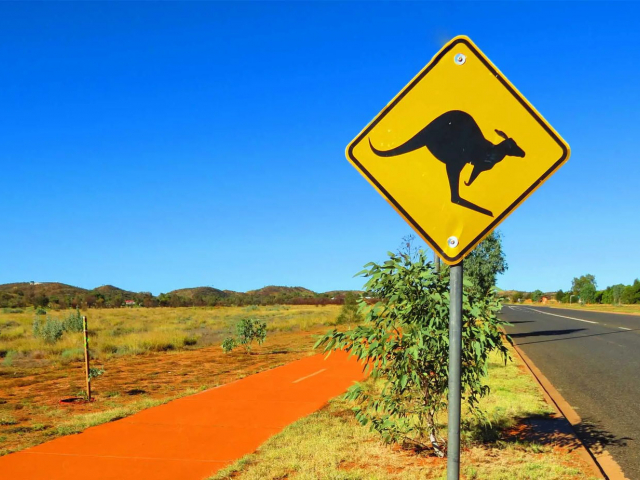
Australia
A nuclear winter is a global climate change that may take place on our planet. In the worst-case scenario, the average temperature will decline by several dozen degrees. This will lead to a decrease in agricultural productivity worldwide and, as a result, to mass starvation. According to Nick Wilson, the island states with a well-developed agricultural industry, such as Australia, will have the greatest chance to survive in such conditions. Today, the agricultural sector accounts for about 12% of the country’s GDP. It is one of the highest rates in the world.
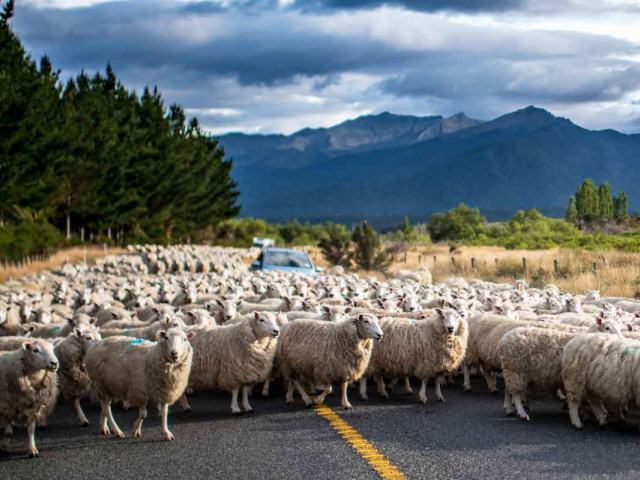
New Zealand
According to scientist Nick Wilson, Australia's neighbor also has a good chance of surviving a nuclear apocalypse. The fact is that the New Zealand economy is based on agriculture. Dairy and sheep farming are well-developed in the country. Currently, 44% of the total number of local enterprises specialize in the breeding of cattle and sheep. In addition, New Zealanders are actively engaged in agriculture and gardening. The state is one of the world's largest exporters of apples, pears, and kiwis.
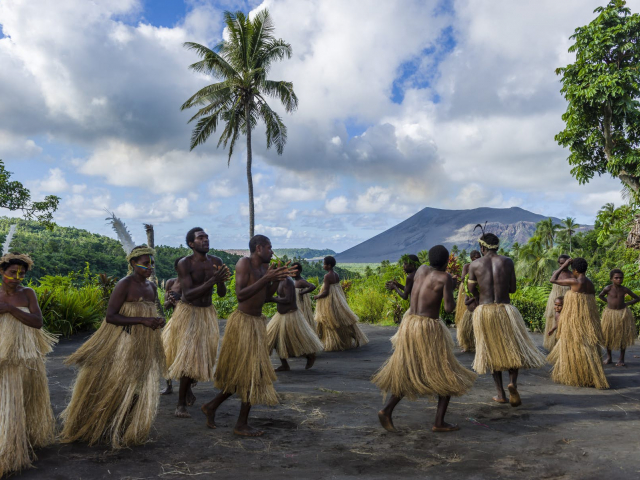
Vanuatu
Nick Wilson also included Vanuatu in the list of countries that will be able to survive a nuclear winter. It is a small Pacific state that is part of Melanesia. Vanuatu's economy is primarily agricultural. Currently, about 80% of the working-age population is employed in the agricultural sector. More than 40% of the land is cultivated by citizens. They mainly grow cocoa and coconut. The country also has well-developed beef cattle breeding and fishing.
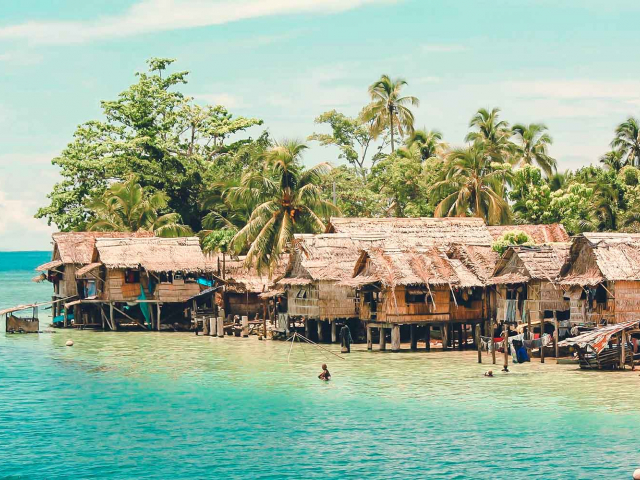
Solomon Islands
The Solomon Islands is one more Pacific state that was included in the list created by the New Zealand scientist. Like Vanuatu, this archipelago is part of Melanesia, and agriculture also lies in the basis of its economy. More than 70% of the local population are employed in the agricultural sector. Cocoa, coconuts, rice, as well as various vegetables and fruits are grown in the Solomon Islands. In addition, meat farming and fishing are well-developed in the country.
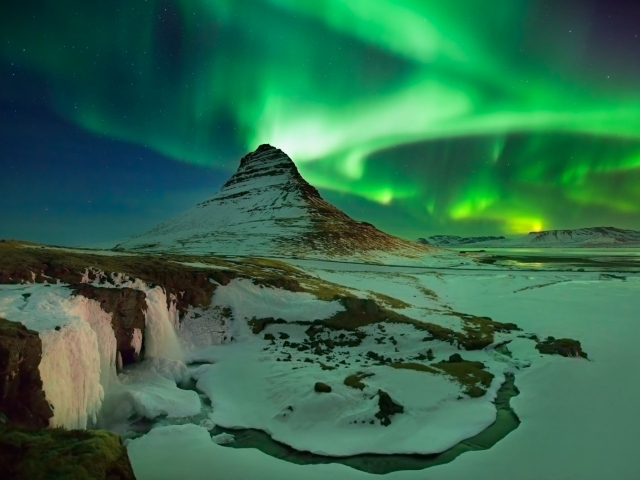
Iceland
Nick Wilson also added one European state in the list of survivors. He supposes that the most sparsely populated country in Europe has the greatest chance to survive a nuclear winter. At the same time, Iceland cannot be called a state with a well-developed agricultural sector. All the lands that are suitable for agriculture are cultivated but they make up only 1% of the total territory. The Icelandic economy is mainly based on fishing and other marine industries. The state is considered a leader in the global fish market.
 English
English 
 Русский
Русский Bahasa Indonesia
Bahasa Indonesia Bahasa Malay
Bahasa Malay ไทย
ไทย Español
Español Deutsch
Deutsch Български
Български Français
Français Tiếng Việt
Tiếng Việt 中文
中文 বাংলা
বাংলা हिन्दी
हिन्दी Čeština
Čeština Українська
Українська Română
Română
